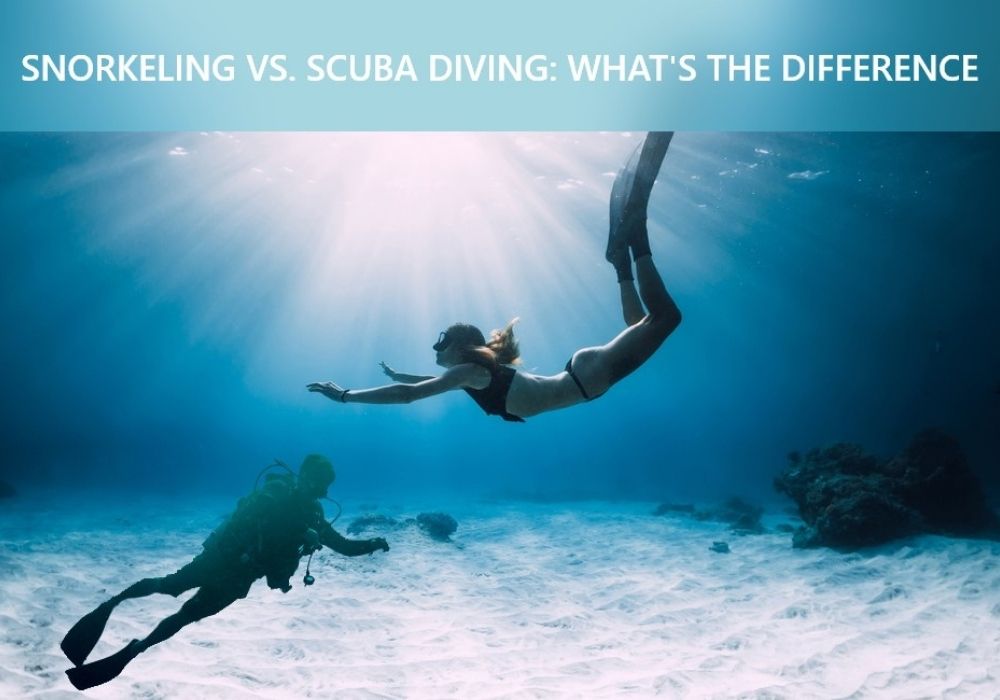Although both scuba diving and snorkeling involve exploring the underwater world, there are some key differences between the two activities. Scuba diving is a more advanced activity that requires specialized training and gear. In contrast, snorkeling is a simpler activity that can be enjoyed by people of all ages and levels of experience.
Scuba diving is typically done at depths of 30 feet or more, allowing divers to stay underwater for extended periods. In order to do this safely, scuba divers must use specialized equipment, including a tank of pressurized air and a breathing apparatus. Scuba diving also requires a higher level of fitness than snorkeling, as divers must be able to swim long distances and handle the physical challenges of being underwater.
Snorkeling, on the other hand, can be done in shallower waters and does not require the use of specialized equipment. All you need for snorkeling is a mask, fins, and a snorkel. This makes it a much simpler activity than scuba diving, and it can be enjoyed by people of all ages and levels of experience. Snorkeling is also a great way to get up close and personal with marine life, as many animals are attracted to the shallower waters where people typically go snorkeling.
Differences Between Scuba Diving vs Snorkelling
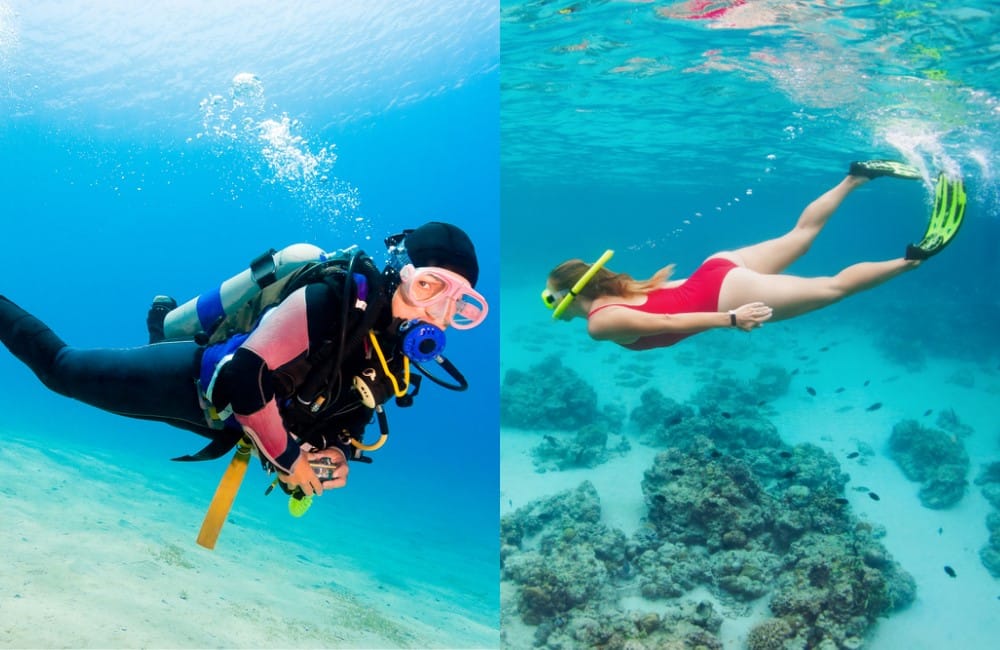
The most apparent difference between snorkeling and scuba diving is the gear. Snorkelers use a mask, fins, and a snorkel, while scuba divers use all of that plus a wetsuit (or dry suit), tanks of compressed air, and regulators (devices that control the flow of air from the tanks).
Another major difference is the level of training required. Because snorkeling is a relatively simple activity that doesn’t require the use of complex equipment, very little training is necessary. In fact, most people can pick up the basics of snorkeling in just a few minutes with a little practice. Scuba diving, on the other hand, is a much more complex activity requiring extensive training and certification before diving without supervision.
Finally, another key difference between snorkeling and scuba diving is depth. Snorkeling is generally done in shallow water (no more than 20 feet/6 meters deep), while scuba diving allows you to descend to depths of 100 feet/30 meters or more. This means that scuba diving gives you access to an entirely different world than snorkeling—a world where you can see things like shipwrecks, coral reefs, and sea creatures that you would never be able to see while snorkeling.
History, Origin & Definition
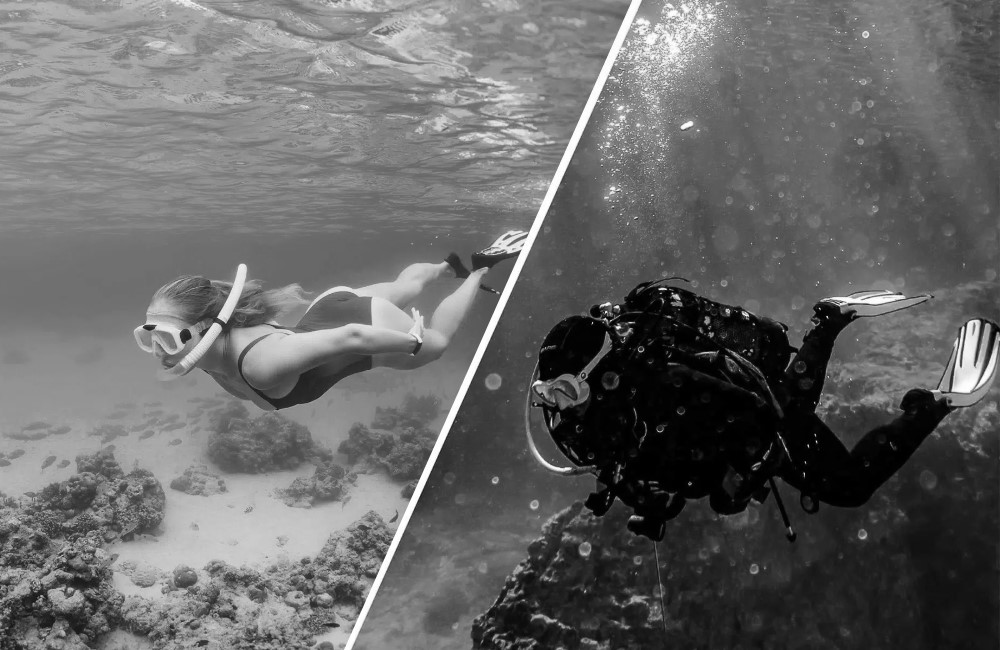
Scuba diving originated in the early 1900s when two Frenchmen developed a system of using compressed air tanks to allow divers to stay underwater for longer periods of time. The military quickly adopted this system for use in underwater survey and salvage operations. In the years following World War II, diving became increasingly popular as a recreational activity.
Snorkeling, on the other hand, has been around for much longer. It is believed that the first recorded instance of someone using a reed or tube to breathe through while swimming was in Greece in the 4th century BCE.
However, it wasn’t until the 20th century that snorkeling became popular as a recreational activity. In 1934, an avid swimmer and filmmaker named William A. Beebe introduced the sport of snorkeling to the world with his book “The Arthritic’s Guide to Snorkeling.” Since then, snorkeling has become one of the most popular forms of recreation, especially in places with warm water and beautiful coral reefs.
Equipment
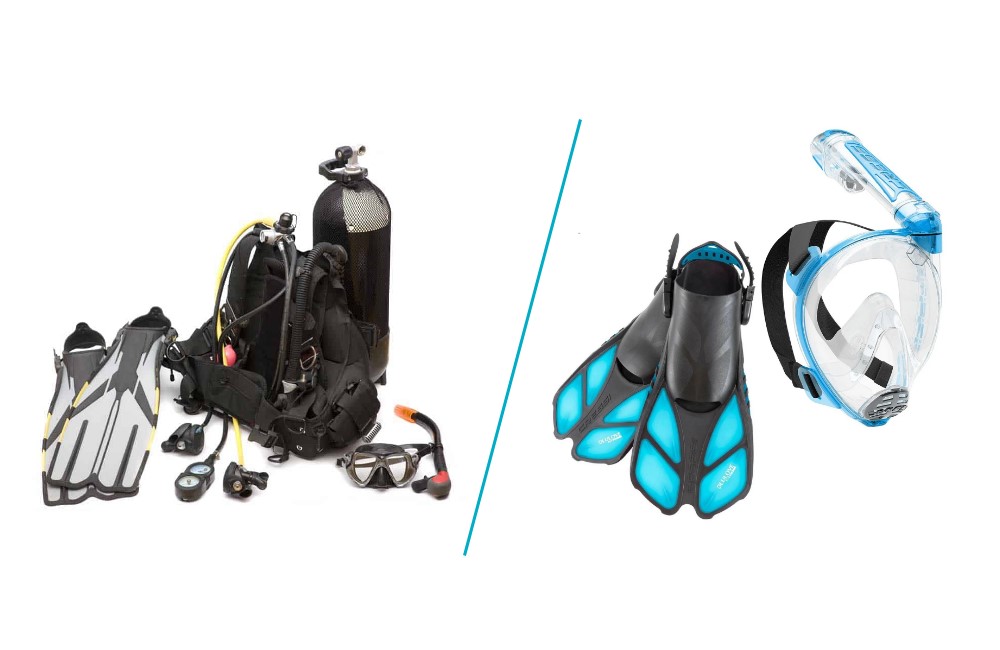
Scuba diving requires the use of specialized equipment, including a tank of compressed air and a regulator to breathe through. While this allows divers to stay underwater for extended periods of time, it also means that scuba diving is more expensive and requires more training than snorkeling.
Snorkeling, on the other hand, is a much simpler activity. All you need is a mask and snorkel, which allow you to breathe while your face is submerged. This makes snorkeling a great option for people who want to explore the underwater world without investing in or undertaking extensive training.
Depth
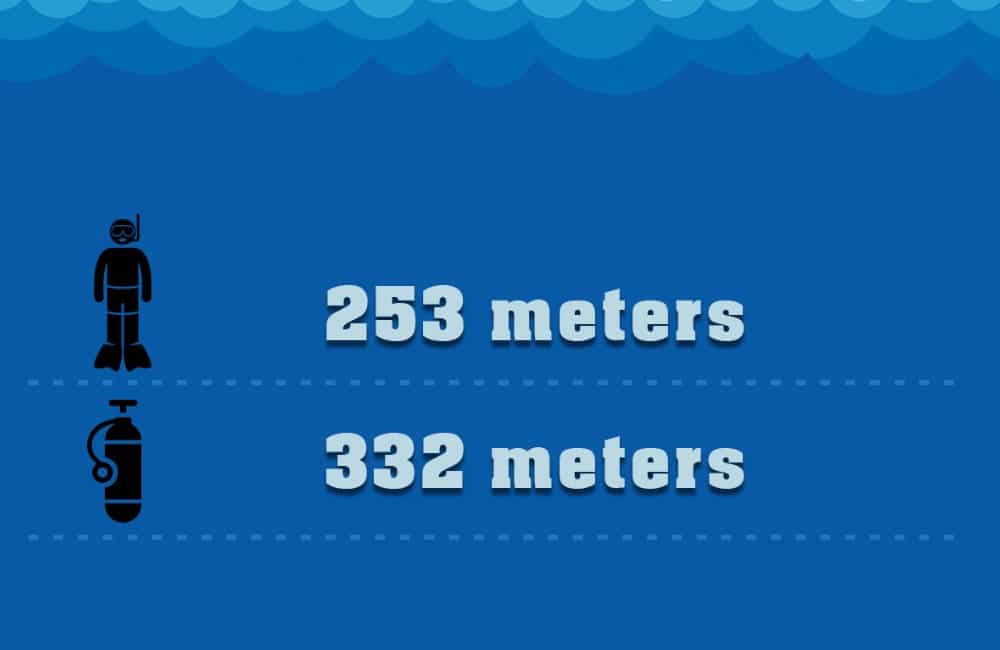
For starters, scuba diving requires the use of specialized equipment, including a tank of air, while snorkeling can be done with just a mask and snorkel. In addition, scuba diving allows you to explore the underwater world much more than snorkeling.
While snorkeling is typically limited to shallow waters, scuba divers can descend hundreds of feet below the surface. Finally, scuba diving is generally more expensive and requires more training than snorkeling. As a result, scuba diving is often seen as a more advanced activity.
Duration
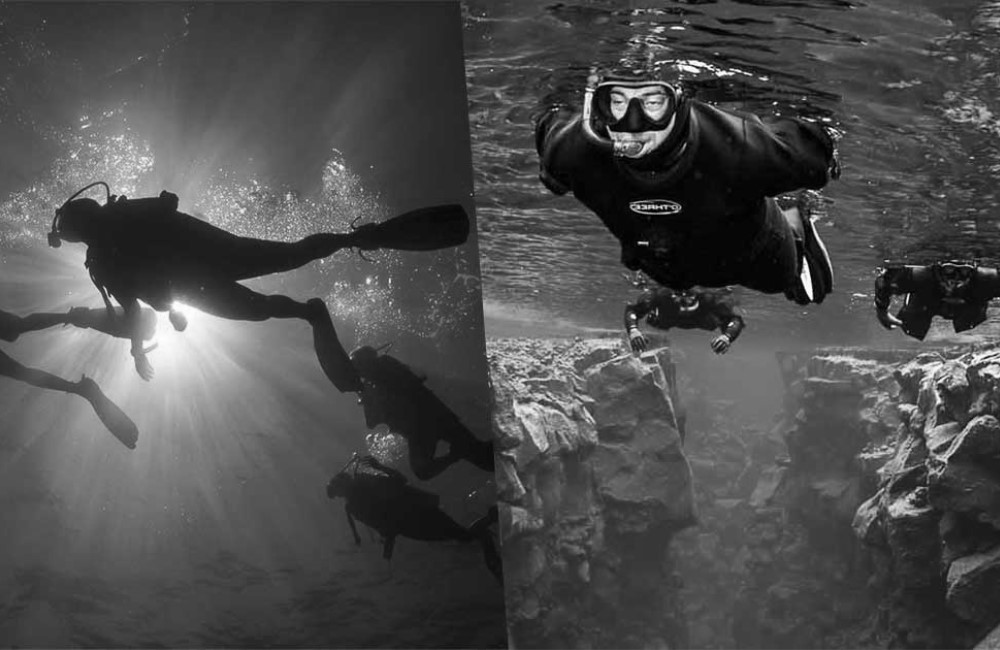
Scuba diving requires more equipment and training than snorkeling. For example, scuba divers need to use a breathing apparatus, whereas snorkelers simply use a mask and snorkel. In addition, scuba diving is typically done in deeper water than snorkeling.
As a result, scuba diving can be more challenging and dangerous than snorkeling. However, it also allows for a more immersive experience. Scuba divers can stay underwater for much more extended periods of time than snorkelers, and they can go places that are not accessible to snorkelers.
So, when deciding whether to go scuba diving or snorkeling on your next vacation, consider your level of experience and comfort with being underwater. If you are an experienced swimmer and are looking for an adventurous way to explore the ocean, then scuba diving may be right for you.
However, snorkeling might be a better option if you are just looking for a relaxing way to enjoy the underwater world.
Technique
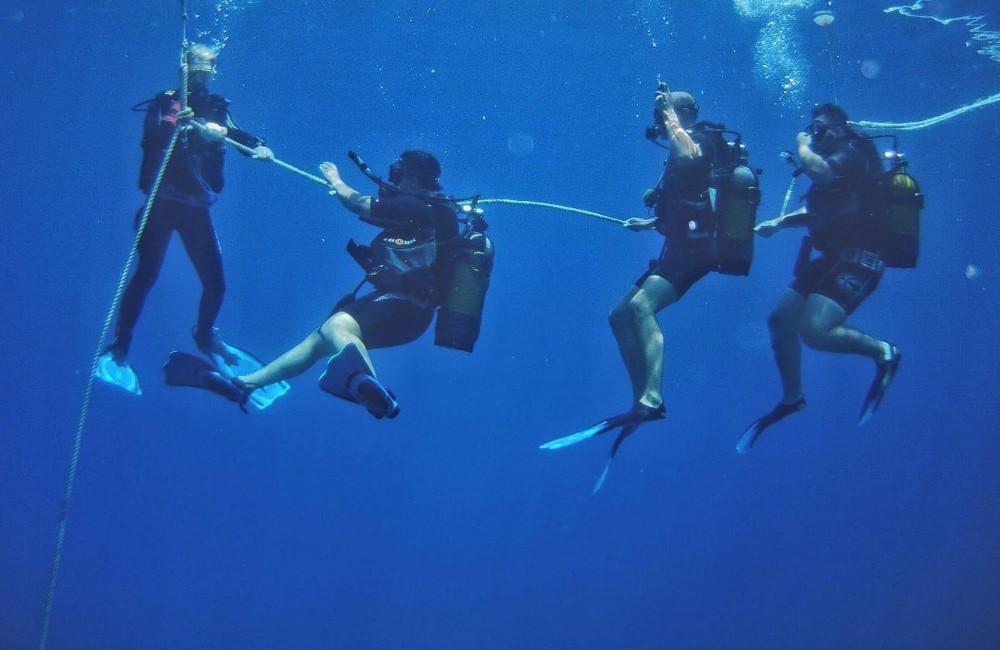
The technique is one of the key differences between scuba diving and snorkeling. Scuba diving requires the use of specialized equipment, including a breathing apparatus, to explore underwater. In contrast, snorkeling is a relatively simple activity that can be done with little more than a mask and snorkel.
As a result, scuba diving tends to be more expensive and requires more training than snorkeling. However, it also allows divers to stay underwater for longer and explore greater depths.
For these reasons, scuba diving is often seen as the more serious of the two activities. However, irrespective of which activity you choose, both scuba diving and snorkeling offer the chance to see an incredible array of marine life up close.
Impact on Health
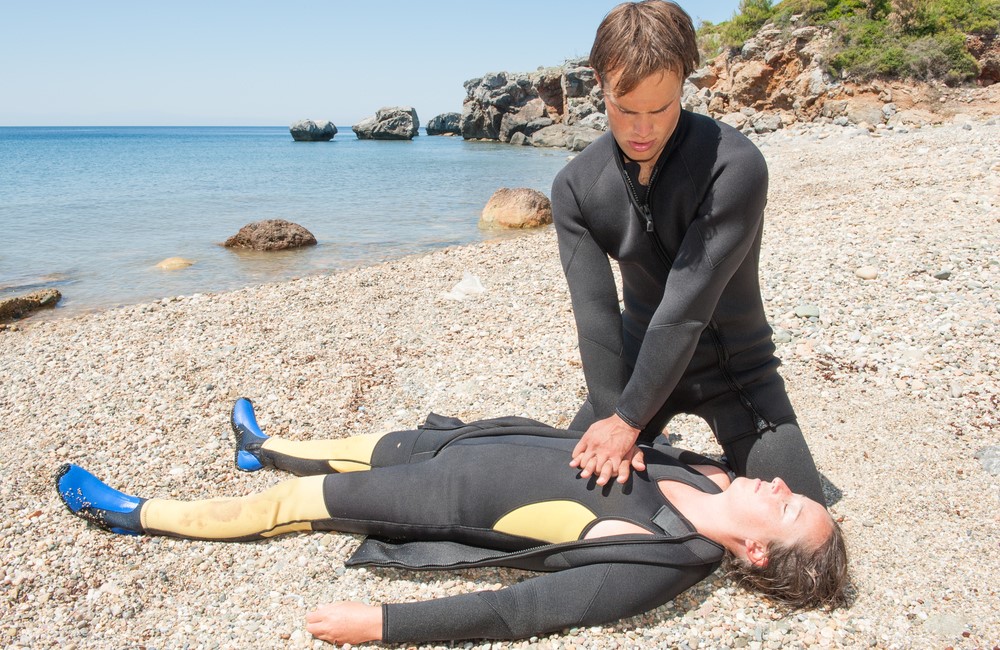
Scuba diving generally requires more equipment and training than snorkeling, which can be more strenuous on your body. In addition, diving deeper into the water puts more pressure on your lungs and can lead to issues like sinus pain or ear infections.
On the other hand, snorkeling is a relatively gentle activity that is suitable for people of all ages and fitness levels. In addition, because you remain close to the surface of the water, there is less risk of experiencing problems with pressure or oxygen levels.
In terms of health benefits, both scuba diving and snorkeling can help improve your cardiovascular fitness and increase your lung capacity. However, scuba diving may offer additional benefits, such as increased muscle strength and endurance. Ultimately, the best activity for you is one that you enjoy and feel comfortable doing.
Similarities Between Scuba Diving vs Snorkelling
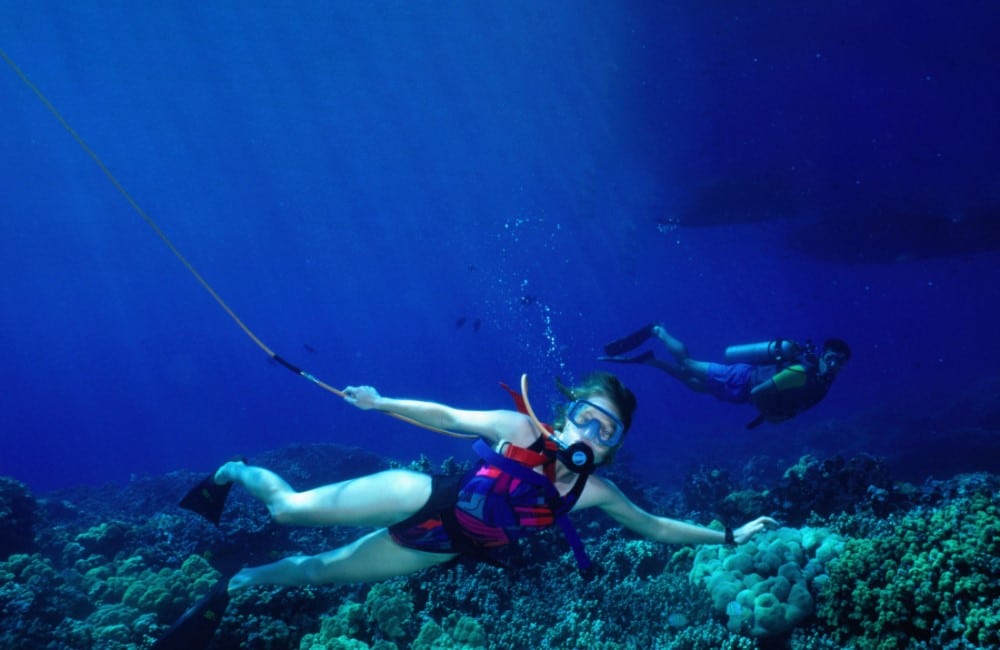
While scuba diving and snorkeling may appear to be two very different activities, they actually have quite a few similarities. For starters, scuba diving and snorkeling allow you to explore the underwater world and see things you would never be able to see from the surface.
In addition, both activities require you to use specialized equipment, such as a mask and fins. And, of course, both scuba diving and snorkeling involve breathing through a tube. However, there are also some key differences between scuba diving and snorkeling.
Scuba diving requires the use of tanks containing compressed air, while snorkeling does not. In addition, scuba diving generally takes place at greater depths than snorkeling, which means that divers are more susceptible to the dangers of decompression sickness.
But regardless of these differences, both scuba diving and snorkeling can be incredibly enjoyable ways to explore the wonders of the underwater world.
Pros & Cons of Scuba Diving and Snorkelling
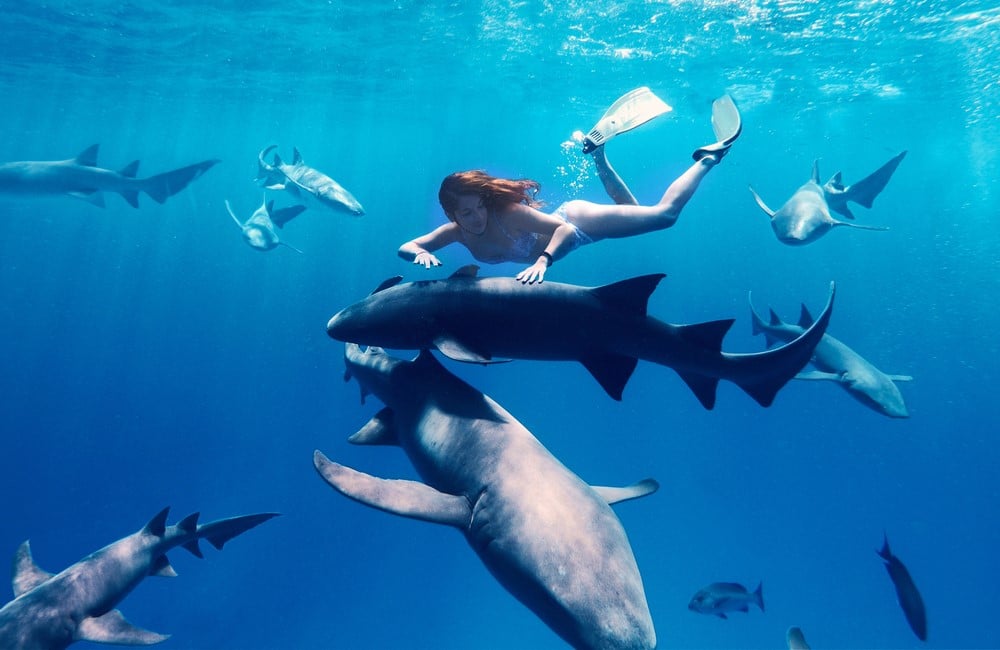
Following are the pros and cons of scuba diving and snorkeling:
Pros & Cons of Scuba Diving
There are some risks associated with scuba diving, and it is important to be aware of both the pros and cons before taking the plunge.
One of the significant pros of scuba diving is that it allows you to see things that you would otherwise never be able to see. With an oxygen tank on your back, you can swim through shipwrecks, visit underwater caves, and even get up close and personal with marine life. In addition, scuba diving is a great workout and an excellent way to relax and de-stress.
However, there are also some risks associated with scuba diving. One of the most serious risks is that decompression sickness, which can occur when a diver surfaces too quickly. Decompression sickness can cause paralysis, brain damage, and even death.
In addition, scuba diving can also be dangerous due to equipment failures, strong currents, and unpredictable weather conditions. As a result, it is important to be aware of the risks before taking up this exciting sport.
Pros & Cons of Snorkelling
One of the main advantages of snorkeling is that it is relatively easy to learn. Unlike scuba diving, which requires extensive training and certification, most people can pick up the basics of snorkeling in just a few minutes. This makes it an ideal activity for family holidays and other vacations where time is limited.
Another big plus for snorkeling is that it is relatively inexpensive. All you need is a mask, snorkel, and fins, and you’re good to go. This makes it a great option for budget-conscious travelers.
However, there are also some downsides to snorkeling that should be taken into consideration. One of the biggest dangers of snorkeling is getting caught in a rip current. These powerful currents can quickly drag even experienced swimmers out to sea.
Another potential problem with snorkeling is that it can damage delicate coral reefs. If you are not careful, your fins can kick up sand and rubble, which can damage the fragile ecosystem below.
So, should you take up snorkeling on your next vacation? Of course, the decision is ultimately up to you. But if you decide to try it, make sure you take all the necessary precautions to stay safe and protect the environment.
Which is better?
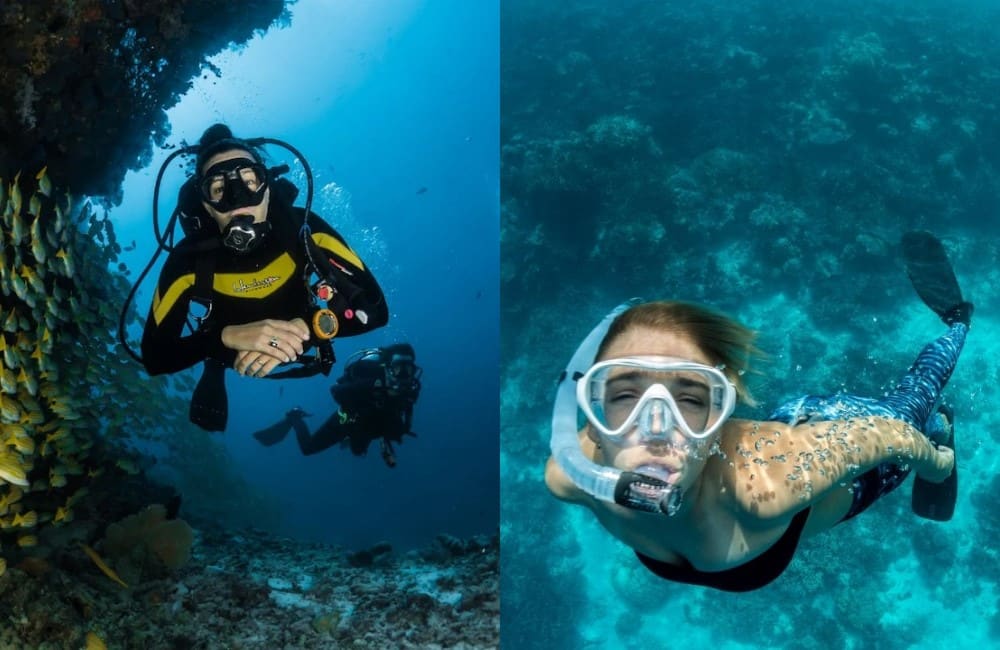
Scuba diving and snorkeling are both popular ways to explore the underwater world. But which is the better activity? It depends on what you’re looking for. If you want to see a wider variety of marine life, then scuba diving is the better choice.
Scuba diving allows you to go deeper than snorkeling, giving you access to a whole new range of sea creatures. However, snorkeling is much simpler and requires less equipment, making it a good option if you’re short of time or money.
Ultimately, the best way to decide is to try both activities and see which one you enjoy more.
FAQs
What is the difference between scuba diving and snorkeling?
Scuba diving is a more advanced activity that allows divers to stay underwater for extended periods of time. In contrast, snorkeling is a relatively easy activity suitable for beginners.
Do I need to be certified to scuba dive?
Yes, scuba diving requires certification from a recognized organization such as PADI or SSI.
What equipment do I need for scuba diving?
In addition to your certification, you’ll need a wet suit, mask, fins, and snorkel. You may also want to invest in additional equipment, such as an underwater flashlight or camera.
What equipment do I need for snorkeling?
You’ll just need a mask, fins, and snorkel for snorkeling. However, it’s worth noting that some beaches may require swimmers to wear life jackets. For snorkeling, you’ll just need a mask, fins, and snorkel. However, it’s worth noting that some beaches may require swimmers to wear life jackets.
How deep can I scuba dive?
With proper training and certification, scuba divers can safely dive to depths of over 100 feet (30 meters). However, most dives take place at shallower depths between 30-60 feet (10-20 meters).
Is scuba diving safe?
Scuba diving is generally safe when divers follow basic safety guidelines and use proper equipment. However, there is always some risk involved in any type of outdoor activity.
Should I Choose Snorkelling or Scuba Diving?
It’s all on personal preferences, but one should try to experience them and then make any judgments and recommendations. on personal preferences but one should try to experience them and then make any judgments and recommendations.
Can non-swimmers do Snorkeling?
Scuba diving and snorkeling are both popular activities that allow people to explore the underwater world. However, there are some key differences between the two. Most importantly, scuba diving requires participants to be able to swim, as they will be using breathing apparatus that is connected to a tank of air.
In contrast, snorkeling does not require participants to be able to swim, as they will simply be using a breathing tube. This means that non-swimmers can still enjoy the experience of snorkeling, as long as they are comfortable with using the breathing tube. they are comfortable with using the breathing tube.
However, it is worth bearing in mind that snorkeling is generally only possible in shallow waters, as participants will need to be able to stand up if they need to take a break.
Why Is Deep-Diving Dangerous?
Scuba diving is a more intensive activity requiring special training and equipment, while snorkeling is relatively simple and requires no formal training. Because of this, scuba diving is generally considered to be more dangerous than snorkeling. snorkeling.
The most common dangers associated with scuba diving are decompression sickness and nitrogen narcosis. Decompression sickness occurs when a diver ascends too quickly, causing nitrogen bubbles to form in the blood.
Nitrogen narcosis is caused by breathing pressurized air underwater, which can result in dizziness, confusion, and impaired judgment. While both of these conditions can be debilitating, they are also relatively rare. Therefore, with proper training and preparation, the risks associated with scuba diving can be greatly minimized. conditions can be debilitating, they are also relatively rare. With proper training and preparation, the risks associated with scuba diving can be greatly minimized.
Is scuba diving safer than snorkeling?
There are a number of factors to consider when deciding whether scuba diving or snorkeling is the safer option. One obvious difference is that scuba diving requires breathing apparatus, which means divers are never at risk of swallowing water or inhaling water vapor. This can be a significant safety advantage, particularly in rough seas where waves can make it difficult to keep your head above water.
Another factor to consider is the depth of the dive. Scuba diving allows divers to reach depths of up to 130 feet, whereas most snorkeling sites are only 30 feet deep at most. This means that divers are at greater risk of suffering from decompression sickness if they ascend too quickly.
Overall, both scuba diving and snorkeling can be safe activities if proper safety procedures are followed. However, scuba diving has some inherent risks that snorkeling does not, so it is important to weigh the risks and benefits before choosing which activity is right for you. Overall, both scuba diving and snorkeling can be safe activities if proper safety procedures are followed. However, scuba diving has some inherent risks that snorkeling does not, so it is important to weigh the risks and benefits before choosing which activity is right for you.
Is It Possible to Breathe Underwater with a Snorkel?
For many of us, the idea of breathing underwater is nothing more than a childhood fantasy. But for those who enjoy snorkeling or diving, it’s a reality! So, how is it possible to breathe underwater with a snorkel?
Simply put, a snorkel allows you to breathe through your mouth while submerging your head. The snorkel itself is a tube that extends from your mouthpiece to above the surface of the water. This means that you can keep your head underwater without holding your breath, making it possible to enjoy the underwater world for extended periods. Simply put, a snorkel allows you to breathe through your mouth while your head is submerged. The snorkel itself is a tube that extends from your mouthpiece to above the surface of the water. This means that you can keep your head underwater without having to hold your breath, making it possible to enjoy the underwater world for extended periods of time.
Of course, there are some limitations to snorkeling. For example, you won’t be able to go as deep as you could with scuba gear, and you’ll need to be careful not to get water in your snorkel (which can happen if you dive down too deeply). Of course, there are some limitations to snorkeling. You won’t be able to go as deep as you could with scuba gear, and you’ll need to be careful not to get water in your snorkel (which can happen if you dive down too deeply).
But even with these limitations, snorkeling is a great way to explore the wonders of the underwater world!
Is Scuba Diving Bad for Your Lungs?
Whether or not scuba diving is bad for your lungs is a bit of a controversial topic. On the one hand, breathing compressed air from a tank can strain your lungs greatly. And on the other hand, diving gives you the opportunity to exercise your lungs in a way that isn’t possible on land. So, what’s the verdict? what’s the verdict?
There is some evidence that scuba diving can be damaging to your lungs. For example, a study published in 2003 found that professional divers who dived regularly had an increased risk of developing chronic obstructive pulmonary disease (COPD). However, it’s important to note that most of the participants in this study were smokers, so it’s not clear how much of the risk was due to the diving and how much was due to the smoking. There is some evidence that scuba diving can be damaging to your lungs. A study published in 2003 found that professional divers who dived regularly had an increased risk of developing the chronic obstructive pulmonary disease (COPD). However, it’s important to note that most of the participants in this study were smokers, so it’s not clear how much of the risk was due to the diving and how much was due to the smoking.
There is also evidence that diving can be good for your lungs. For example, a small study from 2009 found that scuba diving improved lung function in people with COPD. And another study found that people who regularly dove had better lung function than those who didn’t dive at all. There is also evidence that diving can be good for your lungs. A small study from 2009 found that scuba diving improved lung function in people with COPD. And another study found that people who regularly dove had better lung function than those who didn’t dive at all.
So, what does all this research mean? It’s hard to say for sure. But it seems like there might be some risks associated with scuba diving, especially if you do it regularly. If you’re concerned about your lung health, talk to your doctor before you take the plunge.
Conclusion
So, there you have it! These are just a few of the key differences between snorkeling and scuba diving. As you can see, they are two very different activities with different gears, techniques, and levels of training required.
So, which one is right for you? That depends on your interests and goals. Snorkeling might be the perfect activity for you if you’re simply looking to enjoy the underwater scenery without getting too far from the surface.
But if you’re looking for an adventure that will take you to new depths (literally!), then scuba diving might be a better fit. Whichever one you choose; we hope you have a great time!
